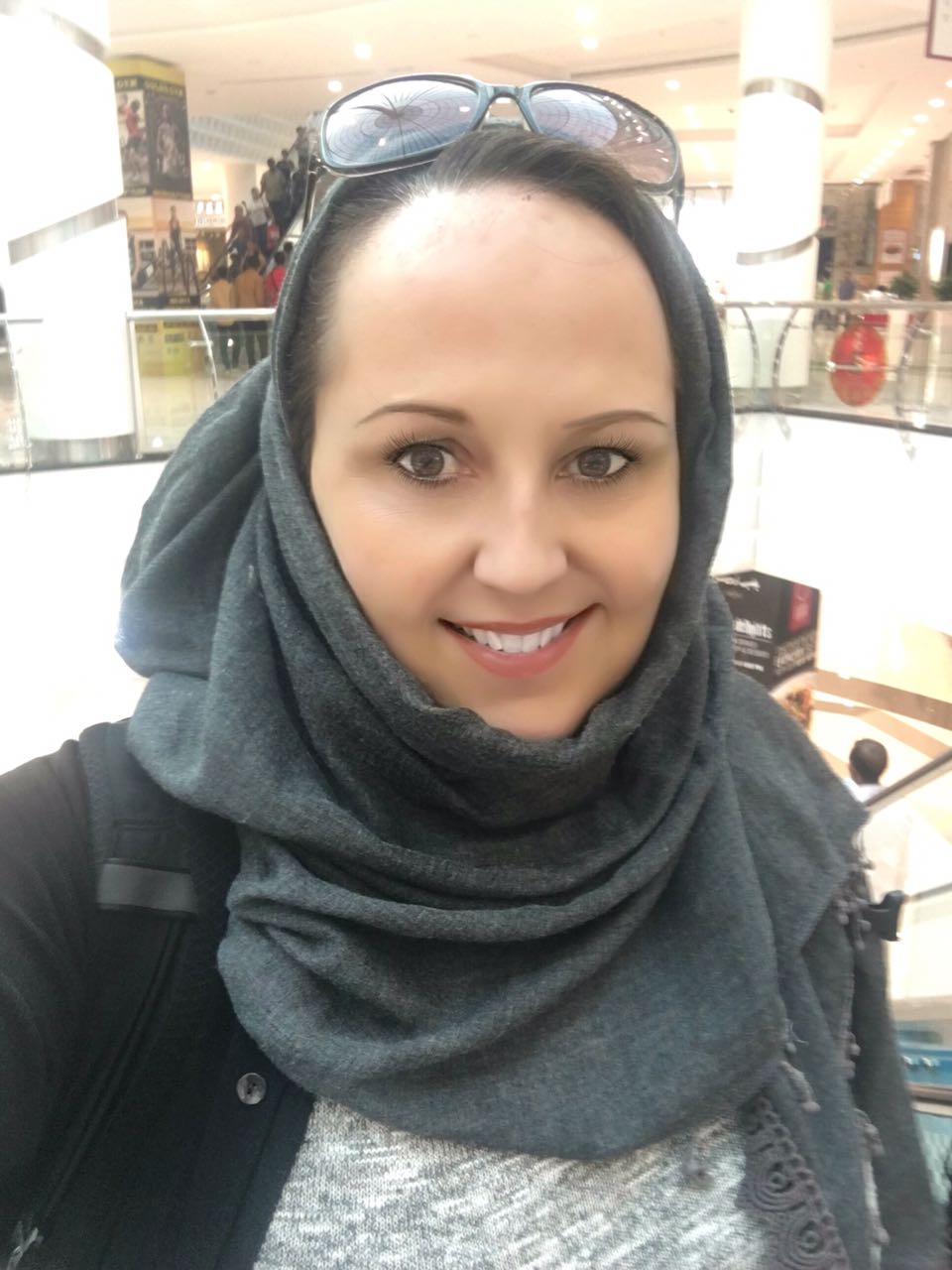ISSN: 1941-4137
POETRY THAT ENACTS THE ARTISTIC AND CREATIVE PURITY OF GLASS
POETRY THAT ENACTS THE ARTISTIC AND CREATIVE PURITY OF GLASS

I am still resting on her laurels of accomplishment. Kirsten is a talented writer, a talented person who sometimes fails to see in herself what the rest of us can see. She's always fought for what is right and is principled. Kirsten is very cheerful, ready to help people, and is liked by everyone. I don't know everything about her now, but that is what happens as our children get older; they become themselves, separate from their parents.
— Gayle Hemmy
Previously in Glass: A Journal of Poetry:
Hawai'i Ne
Dear Now
Still Life: Mother with Alzheimer's
Ma, hear me now, tell me your story
again and again.
— from "From a Heart of Rice Straw" by Nellie Wong
For we think back through our mothers if we are women.
— Virginia Woolf
Her skin is smooth & dark. She is olive.
She is child-like now, her mind happily
traipsing somewhere through her twenties
or before. She thinks of me as some friend,
an acquaintance, she ever the houseguest
in her genteel home that she mistakes for
my own. She often asks for her husband,
picturing, I think, that younger, handsomer
version who hadn't yet wrinkled, balded,
or failed. When my dad, whom she calls "old
Dave" appears, shock creeps into the corners of
her mouth — an almost smile, she is ever-gracious.
I bathe her, dress her, direct her to the food
I've prepared by cutting it as I do for my young
child. Everything is mapped out neatly,
clearly on the plate. We go over & over
which is spoon, fork or food. She laughs
that light laugh of my childhood, says
she hopes she's not being any trouble. Thin
elegant fingers, now shaky, find the seven dates
I've splayed along the plate, a gift from my
home in the Middle East. Since in her mind
there's no relation, she's thrilled at all this time
together. We really need to see each other
more, she says, but I worry it's a bother.
I love it when we visit, I tell her, &
my daughter loves to see you too.
She compliments me on my parenting, on
my daughter & our relationship. She & I
bemoan absence of fathers, husbands,
a woman's life. She tells me a happy child is
borne of a happy home, that I have built
the home in which my daughter finds freedom.
I tell her about my mother: handwritten notes
in school lunches, her daily acts of love.
Her light, a candle that burned when none other
was there. That permanence, that presence.
How she served me with compassion, bathing,
dressing me, hiding my secrets, smoothing
my scars, absorbing my pain. I say, I learned
everything from her. My mother, both earnest &
faraway, says, "how lucky for you. I tried to be
a good mother too. It's difficult some days."
How did your children turn out? I ask.
Like yours, she says. Happy & free.
We do what we can, right? I say, laughing,
& wink conspiratorially, we two mothers,
ancestral women, creators, storytellers; strong.
Glass: A Journal of Poetry is published monthly by Glass Poetry Press.
All contents © the author.
All contents © the author.





